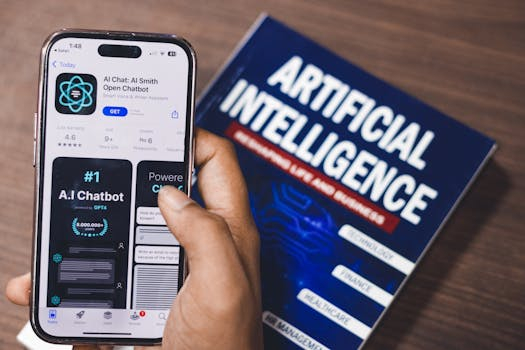Legal Implications of Artificial Intelligence Advances
In recent years, artificial intelligence (AI) has become a major topic of discussion in various industries. With advancements in technology, AI has become a powerful tool that can mimic human intelligence and perform tasks that were previously thought to be only possible for humans. From self-driving cars to virtual assistants, AI has already made a significant impact in our daily lives. However, with this rapid development of AI, there are also growing concerns about its legal implications. In this article, we will explore the legal implications of artificial intelligence advances and how they may impact our society.
What is Artificial Intelligence?
Before we dive into the legal implications, it is important to first understand what artificial intelligence is. In simple terms, artificial intelligence is the ability of a computer or machine to perform tasks that typically require human intelligence. This includes tasks such as problem-solving, decision-making, and learning from experience.
The development of AI has been fueled by advancements in computer science, data analytics, and machine learning. It uses algorithms and large amounts of data to analyze and make decisions, often faster and more accurately than humans. As AI continues to evolve, it is being integrated into various industries, including healthcare, finance, and law.
The Legal Implications of AI Advances
Privacy and Data Protection
One of the main concerns surrounding AI is the protection of personal data and privacy. AI systems rely on large amounts of data to make decisions, which raises questions about the collection, storage, and use of personal information. With AI’s ability to analyze and process vast amounts of data, there is a risk of sensitive information being exposed. As such, regulations and laws must be in place to ensure that AI systems protect personal data and privacy rights.
Liability and Accountability
As AI systems become more advanced and take on more responsibility, questions arise about who should be held accountable for errors or damages caused by AI. Unlike humans, AI lacks moral reasoning and cannot be held responsible for its actions. This poses challenges for determining liability in cases where AI systems cause harm or wrongdoing. In the future, there may be a need for new laws and regulations to address this issue.
Intellectual Property Rights
With the increasing use of AI in various industries, there is also a growing concern about intellectual property rights. As AI takes on tasks that were once only possible for humans, there is a question of who holds the rights to the output or creations of AI. For example, if AI creates a new product or invention, who owns the rights to it? It is important for laws to be adapted to address these issues and ensure fair distribution of ownership and rights.
Ethical Considerations
The development and use of AI also raise ethical concerns. As AI systems can learn and make decisions based on the data they are trained on, there is a risk of perpetuating biases and discrimination. For example, if an AI algorithm is trained on biased data, it may make biased decisions, leading to discrimination against certain individuals or groups. It is crucial for laws and regulations to take into account these ethical implications and ensure that AI is used in an ethical and responsible manner.
Conclusion
The rise of artificial intelligence has brought about many technological advancements, but it also poses significant legal implications. As AI continues to evolve and become more integrated into our daily lives, it is crucial for laws and regulations to adapt and address the potential risks and challenges. We must ensure that AI is developed and used in a responsible, ethical, and safe manner to benefit society as a whole.
In conclusion, the legal implications of AI advances are far-reaching and complex. It is essential for governments, policymakers, and industries to work together to address these concerns and create laws and regulations that protect individuals while allowing for the continued development and use of AI. As AI technology continues to advance, it is our responsibility to ensure that it is used for the betterment of society and does not have detrimental effects on our legal system.










